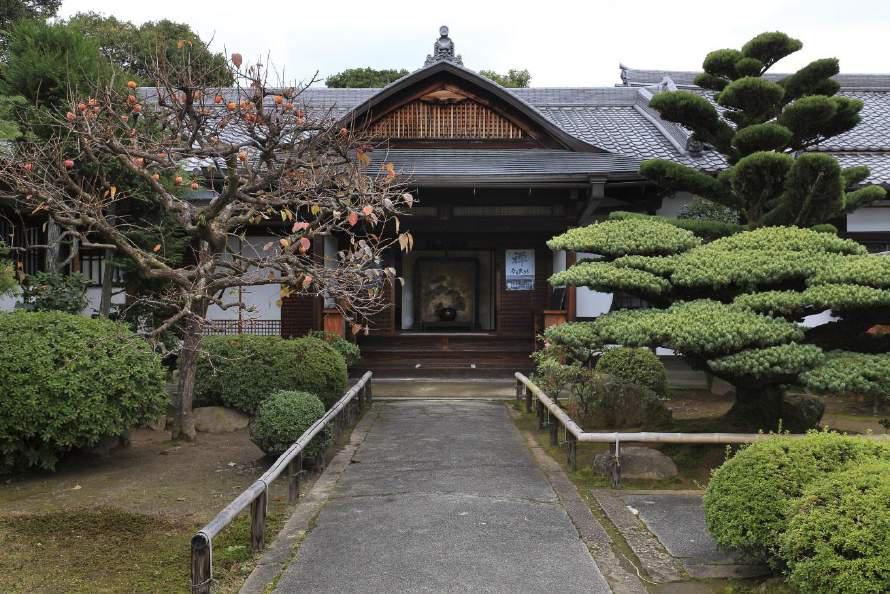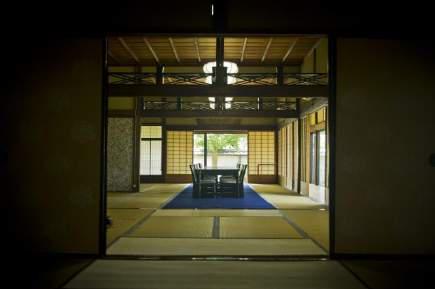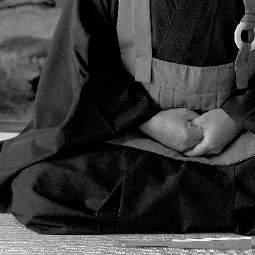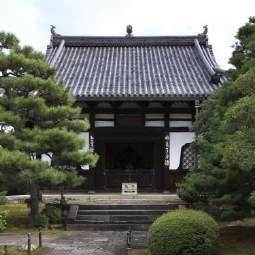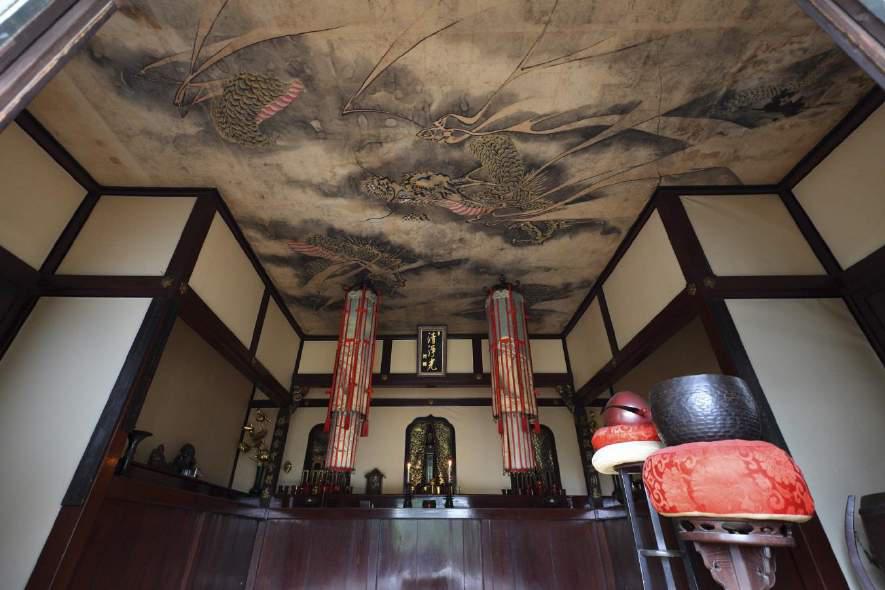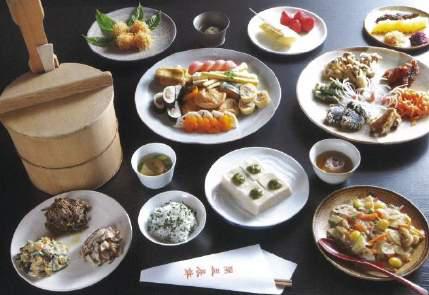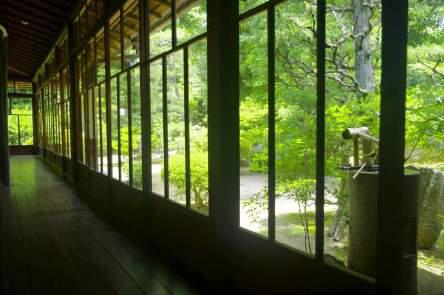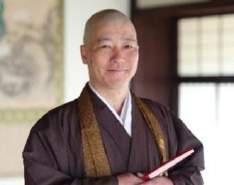Kyoto Experience, Kyoto Zen Buddhist Temple stays
Kaihouji Temple

関連商品
-
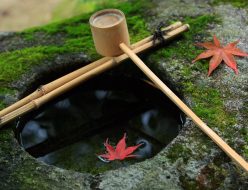
Kyoto Zen Buddhist Temple stays
The Nippon Foundation, in collaboration with five private temples and sub-temples, offers a program this year that allows Japanese and foreign guests to enjoy exclusive, upscale stays at Zen Buddhist properties throughout Kyoto.
-
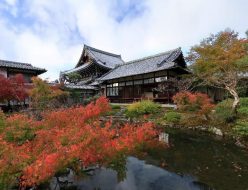
Kouunji Temple
A private Zen temple (not open to the public) popular for its Chisen Kaiyu style garden (Japanese garden with a path around a central pond and spring).
-

Mt. Daimonji Night view panorama hiking in Kyoto
Mt. Daimonji is famous for the giant Chinese character “大” that is depicted by fire lit to illuminate the mountain every year on August 16th during one of Kyoto`s most spectacular festivals `The Daimonji Gozan Okuribi` (Obon Fire Festival).
-
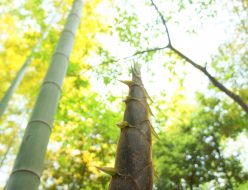
Experience harvesting bamboo shoots and enjoy cooking and tasting.
-
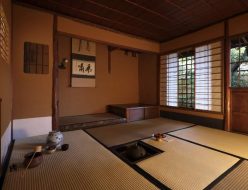
Daijin Temple
A private Zen temple which is not open to the public, has a beautiful Karesansui garden beyond its elegant tea room.Visitors will be able to experience the real Zen by placing themselves in a life of Zen Buddhist monk.
-
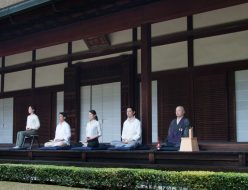
Historical Temples – Special admission
We have produced plans unlike any other, in the heartland of Japan’s world renowned traditional culture. There are many beautiful gardens and cultural assets like temples that are not open to the public.

